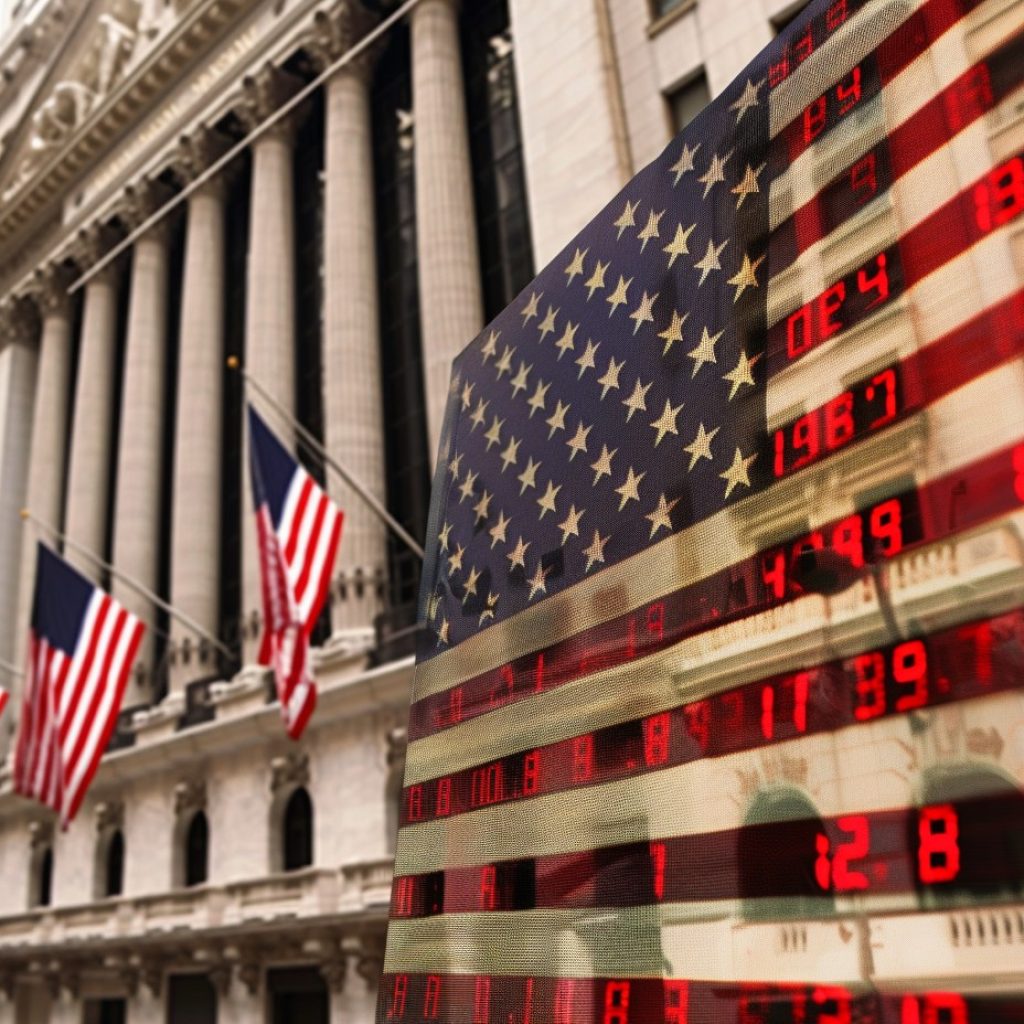UBS saw its shares plummet on Monday after its recent rescue of Credit Suisse raised concerns among investors about the long-term benefits of the deal.
UBS agreed to buy Credit Suisse for 3 billion Swiss francs ($3.23 billion) and absorb up to $5.4 billion in losses, with the backing of Swiss authorities.
The bank’s shares fell by as much as 16% in early trading, marking the largest one-day drop since 2008. Since the beginning of March, the bank’s shares have lost almost 30% of their value, representing the largest monthly loss since September 1998.
UBS acquires Credit Suisse
Despite concerns, analysts believe that UBS’s acquisition of Credit Suisse will benefit the bank in the long run. The acquisition may not have seemed like a good deal a week ago, given Credit Suisse’s significant outflows of client assets.
However, the Swiss bank is now in a better position to execute a radical restructuring of Credit Suisse’s business than Credit Suisse itself was, said Johann Scholtz, an analyst at Morningstar.
Credit Suisse’s shares fell by more than 60%, while the value of its additional tier 1 (AT1) bonds dropped as low as 1 cent on the dollar.
The Swiss regulator demanded that Credit Suisse write down 16 billion Swiss francs’ worth of the debt to zero as part of the merger deal, angering bondholders.
The acquisition will be priced at a fraction of Credit Suisse’s closing price on Friday, almost wiping out the target’s shareholders. The acquisition has also triggered concerns among investors about the long-term benefits of the deal, causing UBS’s shares to fall sharply.
While the Swiss National Bank has agreed to offer a $100 billion liquidity line to UBS as part of the deal, some have criticized the plan to bypass normal corporate governance rules by preventing a UBS shareholder vote.
The fall in UBS’s shares marks the largest one-day drop since 2008, with shares down 15% at 14.47 francs. Since the beginning of March, the shares have lost almost 30% of their value, representing the largest monthly loss since September 1998.
Global regulators respond to UBS’s actions
While UBS’s acquisition of Credit Suisse has raised concerns, financial market regulators around the world have cheered the bank’s action. US authorities have supported the takeover and worked closely with the Swiss National Bank to assist the deal.
The European Central Bank has stated that the banking sector remains resilient, but it stands ready to help banks maintain enough cash on hand to fund their operations if the need arises. The Bank of England has welcomed the measures taken by Swiss authorities “to support financial stability.”
Despite concerns, analysts believe that UBS’s acquisition of Credit Suisse will ultimately benefit the bank. However, the deal has raised concerns among investors about the long-term benefits and the potential effects of bypassing normal corporate governance rules.
Amidst some criticisms, global regulators have supported UBS’s actions to secure financial stability and protect the Swiss economy.





